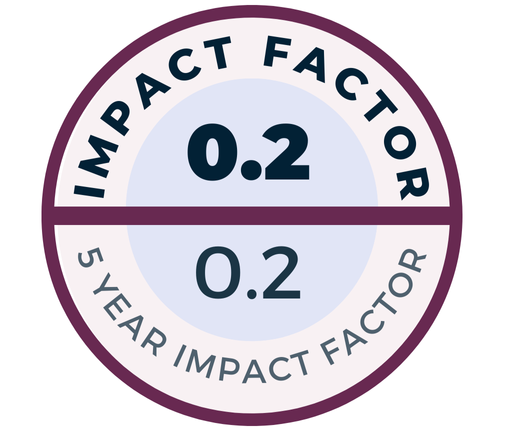Objective: Our study aims to determine the prevalence and distribution characteristics of oral mucosal lesions (OML), which are frequently encountered in clinical practice, and determine the correlation between dermatological pre-diagnoses and definite histopathological diagnoses.
Methods: The clinical data of 361 individuals who were consulted by Dermatology to the Otolaryngology Clinic of Sakarya University Faculty of Medicine Training and Research Hospital for oral mucosal lesions and underwent excision biopsy were included in the study. Each patient’s data, such as gender, age, and smoking history, were scanned and recorded. Regarding the lesions, localization of the lesions, duration of their presence, clinical pre-diagnoses, and definite diagnoses were recorded. Accordingly, the diagnostic distribution characteristics of the lesions and the correlation between diagnoses were evaluated.
Results: When the age and gender distribution of the patients included in the study were examined, 152 (42.1%) were male, and 209 (57.9%) were female. The average age was 49.72 ± 1.21. While 134 patients (57,37,1%) were ≥65 years old, 227 patients (62,9%) were under 65 years old. 185 (51.2%) of the lesions were localized in the buccal mucosa. The most common ones were chronic inflammatory lesions (21.1%) and lesions of traumatic origin (13.3%). A statistically significant correlation was observed between clinical presuppositions and definite histopathological diagnoses (p <0.05). When we evaluated histopathological diagnoses according to gender and age distribution, no difference was observed in gender distribution. At the same time, premalignant and malignant lesions were statistically significantly higher in elderly individuals (65 years and over) seen. In terms of smoking habits, it was seen that smoking was significantly associated with premalignant and malignant diseases (p <0.05).
Conclusion: This study on oral mucosal lesions, which concern a significant part of the society, will be critical in terms of its contribution to epidemiological data as well as evaluating the reliability of preliminary dermatological diagnoses.

.jpeg)
